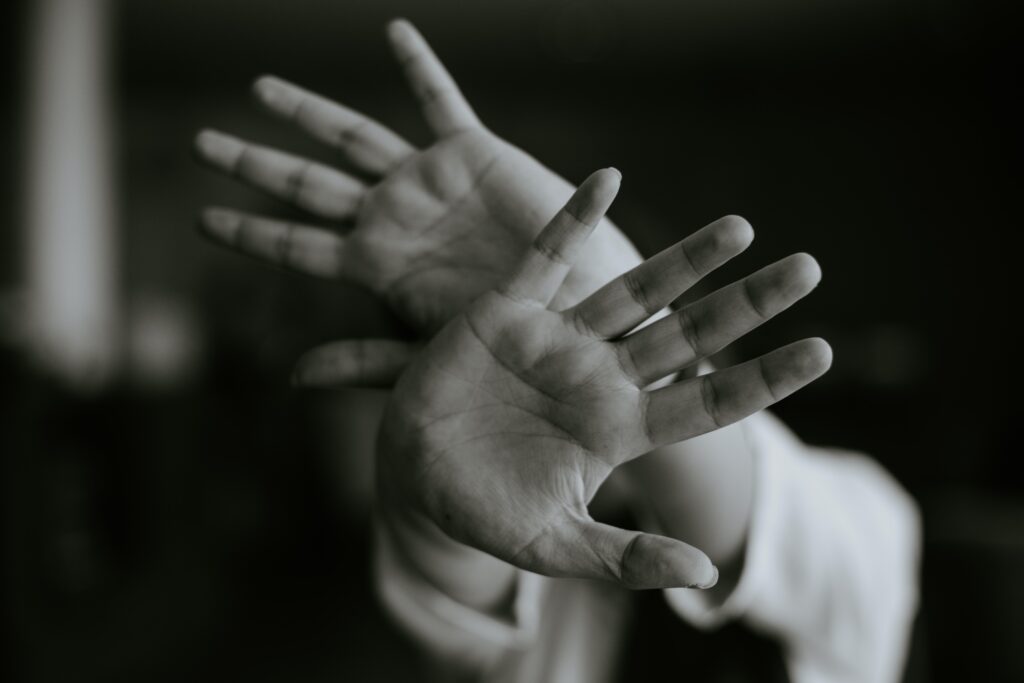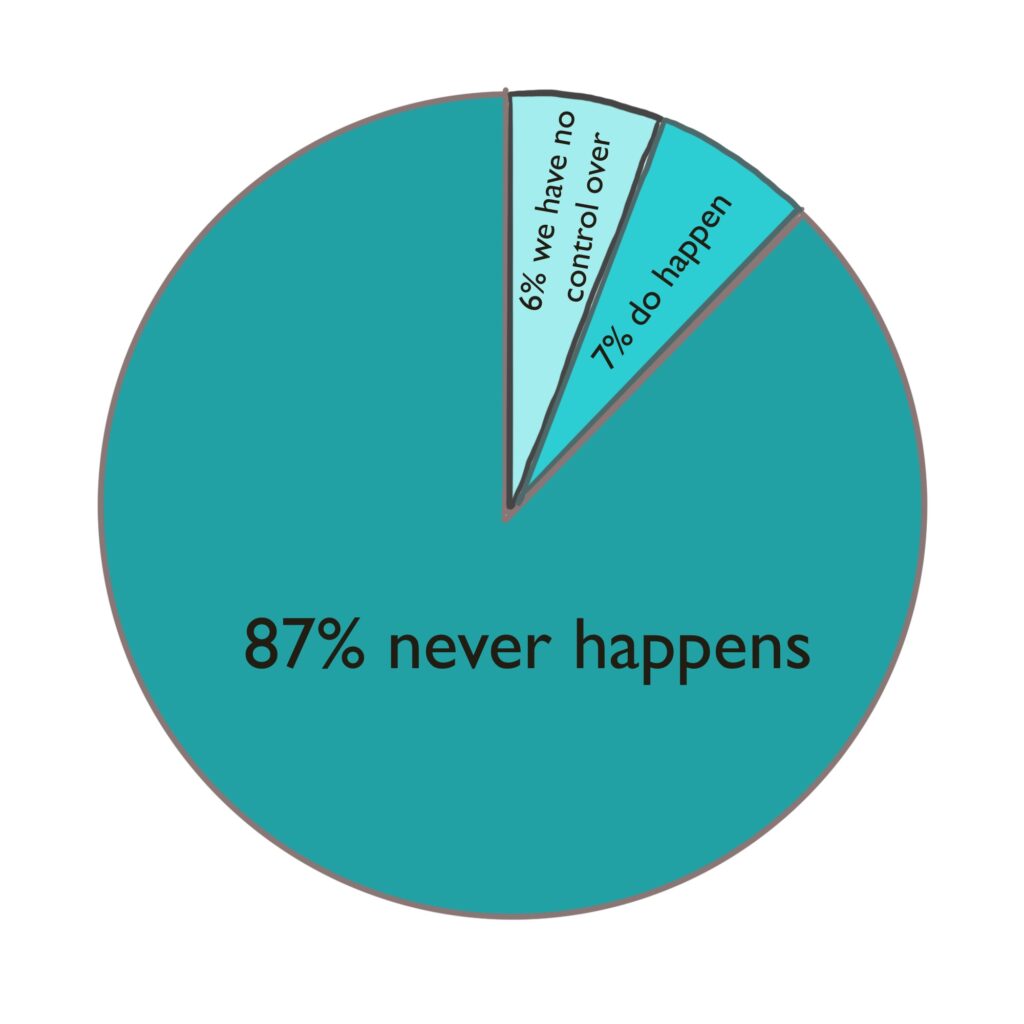How are you handling your thoughts of anxiety and fear in these times of economic uncertainty? We hear the news (about those things that happened in the recent ‘past’) and already get a picture of exactly the future that we would NOT like to focus on under normal circumstances. So how can we deal with those doom-and-gloom thought creations that are not even real?

First of all fear is a natural emotion and should be distinguished from anxiety, which typically occurs without any external threat. Additionally, fear is related to the specific behaviors of escape and avoidance, whereas anxiety is the result of threats which are perceived to be uncontrollable or unavoidable.
Fear (the noun) is defined as ‘an emotion experienced in anticipation of some specific pain or danger (usually accompanied by a desire to flee or fight)’.
To fear (the verb) is defined as ‘be afraid or feel anxious or apprehensive about a possible or probable situation or event’.
Two things become obvious in these definitions:
1. In its ‘normal’ state fear creates the ‘fight-or-flight’ reaction. Feeling fear is the body’s way of protecting you of some perceived danger. With ‘normal’ I refer to a situation where the emotion is realistic, for example if there is a tiger nearby it is natural to feel fear and run (flight reaction) or if there is a drunk person attacking your children it might be reasonable to stand in his way and tell him to leave immediately (fight reaction). Fight can obviously be with words or actions.

2. The fear is about a possible or probable situation, which means it has not happened yet. Science has found that of the things we fear:
- 87 % never happen
- 6 % we have no control over
- 7 % do happen
Think about that fact: You spend worrying about 93% of the time for nothing! Stop worrying!
This leads to some further questions: How do you know your fear is normal?
The physiological effects of fear can be better understood from the perspective of the sympathetic nervous responses. This results in significant changes in the body:
- Muscles are tightened and primed with oxygen, in preparation for a physical fight-or-flight response
- Perspiration occurs due to blood being moved from body’s viscera (internal organs) to the peripheral parts of the body
- Heart rate goes up
Usually it is easier for someone else to see and discern if your fear is normal or out-of-the-ordinary, for example learnt through an incident in the past.
These physical reactions may occur whether your fear is a natural or a learnt behaviour. If the same stimulus does not create those physical reactions in another person there is a good chance that your fear is a learnt reaction. This fear may be stored in the unconscious part of the brain due to a stressful memory from the past.
The good news is that if a fear is a learnt reaction and has no positive purpose of protecting the person we can un-learn it. Usually those fears just cost a lot of energy to manage and therefore do not serve much good to the physical well-being.
Talk to Nathalie to discuss how to un-learn one of your energy-consuming fears!

Hi Natalie
I love your article and find it very relavent
at these times. I was wondering if I could use
or quote your article on my website ?
How is everything else in your world ?
Love Lucy
Hi Lucy,
Thank you for your feedback.
Yes, of course you can use or quote my article if you refer to the source.
All Love, Nathalie